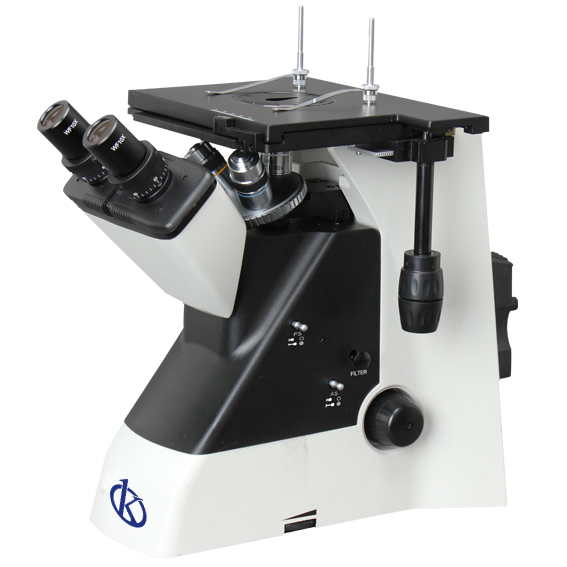Optical microscopes have contributed significantly to the advancement of technology and the advancement of science. This unique tool is now an important element and a key piece in many laboratories around the world, due to the benefits it brings to thousands of researchers. For this reason, a wide variety of equipment can be obtained on the market and at good prices. In this regard, technological advances have increased the quality of the images that can be obtained, as well as lowering the cost of equipment.
For starters, optical microscopes have allowed scientists and students to access incredibly small details that would not otherwise be possible. These tools, available for purchase by some manufacturers, allow for micro-level viewing, which opens many doors for research. For example, optical microscopes have allowed scientists to approach the world of microscopic entities in unprecedented detail, which has been vital to the advancement of microbiology.
In addition, optical microscopes offer a sharp lens for studying other objects in nature that are also too small to be seen with the naked eye. Optical microscopes allow students and professionals to explore key details that are sometimes invisible to the naked eye. This explains why these tools are used in medical and scientific environments to uncover important details about numerous subjects.
What are the current scopes of optical microscopes?
Optical microscopes have also allowed for a radical change in the use of color in their practices. Currently, optical microscopes can be equipped with specialized devices, such as lasers, illuminations, different lenses, etc., to make the results much clearer. These devices allow the user to see details at a level never before possible with a simple microscope.
Microscopy devices have also been modernized with the advent of digital technology. This has opened the door for a new era in microscope use, where it is possible to access incredibly fine details and find hidden health problems. The digital microscope also allows users to analyze and see in real time any changes that occur in the object of study, giving much faster results.
The transcendence of optical microscopes for the teaching of biology
Finally, optical microscopes have also been modernized in the field of education. This valuable tool has become an indispensable part of biology teaching and microscopy science. This is because modern microscopes offer quality results at a low cost, and allow students to better understand the microscopic world.
Optical microscopes have also helped improve student outcomes at school, where they use it as a powerful tool to see how microscopic objects form. From that point of view, laboratory practices can be set up aimed at observing bacteria, plant cells, some structures such as pollen and hair strands, which open a new field for student learning.
In conclusion, all these technological advances have helped optical microscopes to become a vital tool for research and teaching. This tool now allows users to study the world at an unprecedented level, offering quality results at a low cost. For this reason, technological advances in the use of optical microscopes have contributed significantly to the advancement of science and technology today.
The contribution of the manufacturer Kalstein in optical microscopes
Many laboratories have benefited from Kalstein optical microscopes. Whether it’s fluorescent object observation, polarized light or stereoscopic-type imaging, they help researchers in different fields. In addition, it has also developed devices that allow the acquisition of digital images that can be stored and processed by software to take full advantage of them. For more relevant details, please contact HERE


